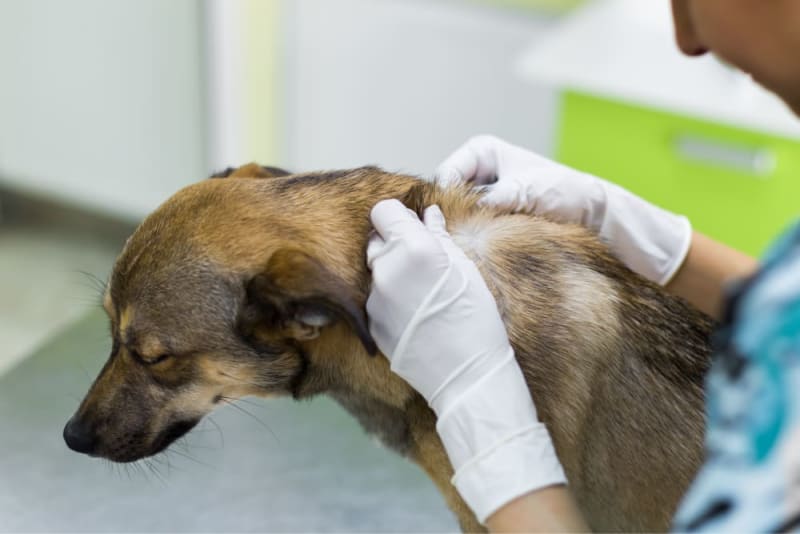As a dog owner, ensuring your pet’s health is a top priority. But with so many aspects of care to consider, it can be overwhelming. What are the most important tests, and how can you recognize serious conditions like dog skin cancer? Here are some essential tips to keep your furry friend healthy and safe.

Content
Why Is the 4Dx Test Important for Dogs?
Preventative care is crucial for your dog’s long-term health, and the 4Dx Test for Dogs is an excellent starting point. This test is a comprehensive screening that checks for four common vector-borne diseases: Lyme disease, Ehrlichiosis, Anaplasmosis, and heartworm. These diseases are transmitted by ticks and mosquitoes, and they can have severe consequences if left untreated.
Early detection is key, as many of these diseases can be asymptomatic in the initial stages. By catching them early with a 4Dx test, you can begin treatment before the diseases cause significant harm to your dog. Regular testing, especially during tick season, is a proactive way to protect your pet’s health. Speak with your vet about scheduling this test as part of your dog’s annual check-up, particularly if you live in an area where these diseases are prevalent.
Recognizing Dog Skin Cancer: What to Watch For
Skin cancer isn’t just a human concern; dogs are also at risk. In fact, skin tumors are the most common type of cancer in dogs. Being aware of the signs of dog skin cancer can help you cat犀利士 ch it early, when treatment is more likely to be successful.
Watch for lumps, bumps, or sores that don’t heal. While not all lumps are cancerous, any persistent or rapidly growing mass should be evaluated by a veterinarian. Other signs include changes in the size, shape, or color of a mole, or if the area becomes itchy, red, or painful.
Older dogs, as well as breeds with lighter skin or a history of sun exposure, are at a higher risk of developing skin cancer. Regularly check your dog’s skin, particularly in areas with less fur, like the belly and nose. If you notice any changes, schedule a veterinary visit as soon as possible. Early intervention is key to managing skin cancer in dogs, just as it is in humans.
Conclusion
Taking care of your dog’s health means staying informed and proactive. Regular screenings like the 4Dx test can catch serious diseases early, while being vigilant about changes in your dog’s skin can help you detect potential skin cancer before it becomes a bigger problem. By working closely with your vet, you can ensure your dog leads a long, healthy, and happy life.

Say hello to Emma, our resident animal enthusiast. With a heart full of love for all creatures, she’s on a mission to make the world a better place for pets.












